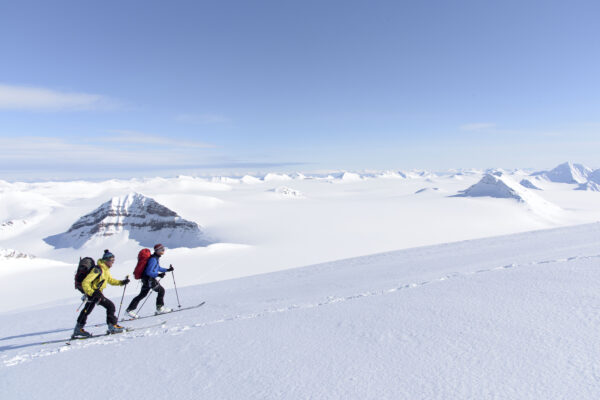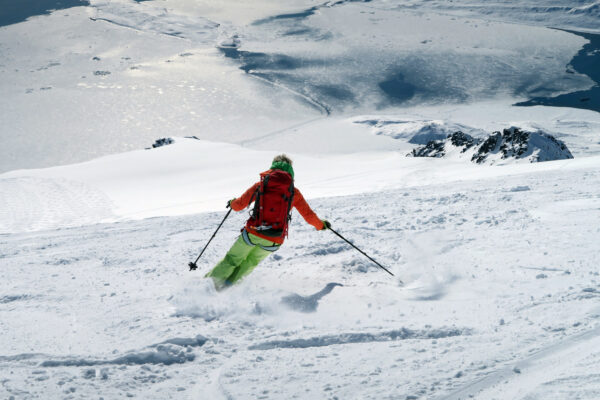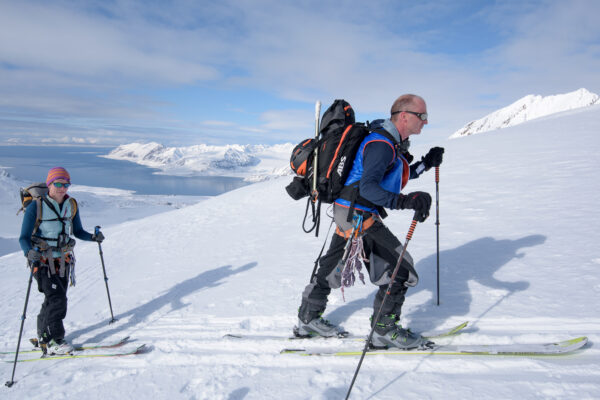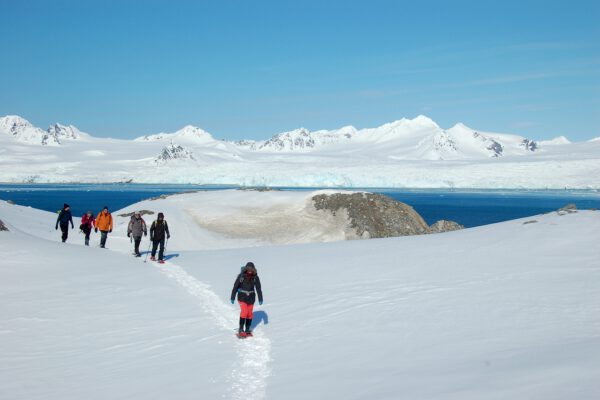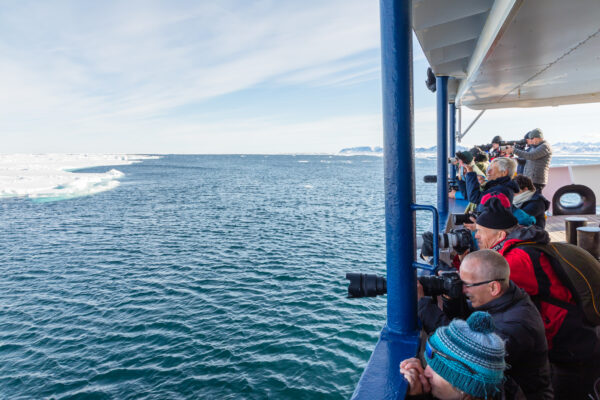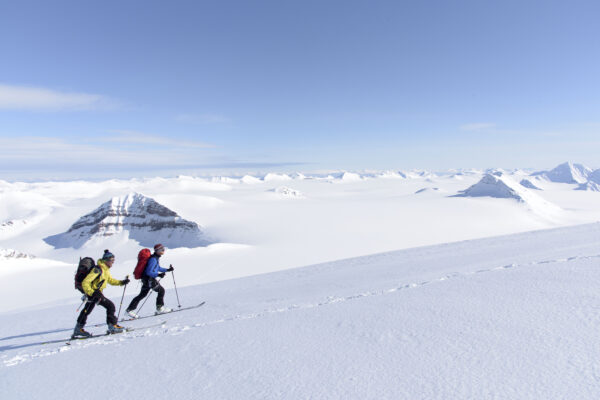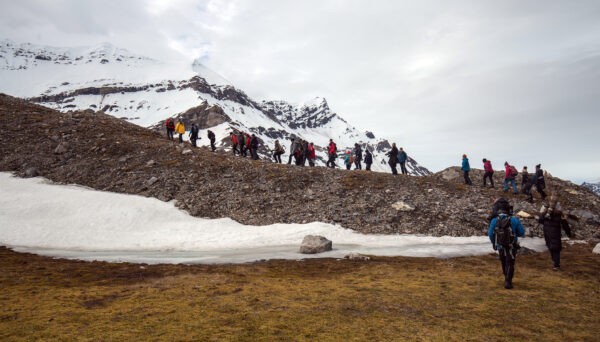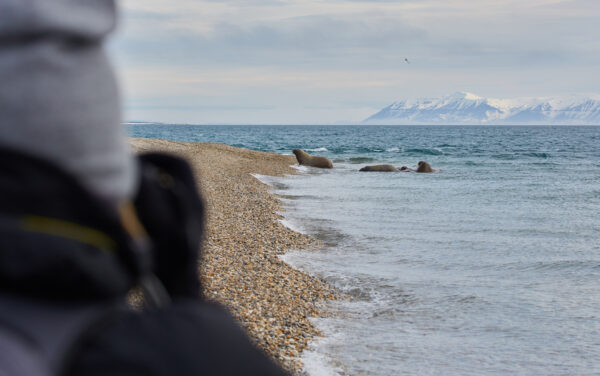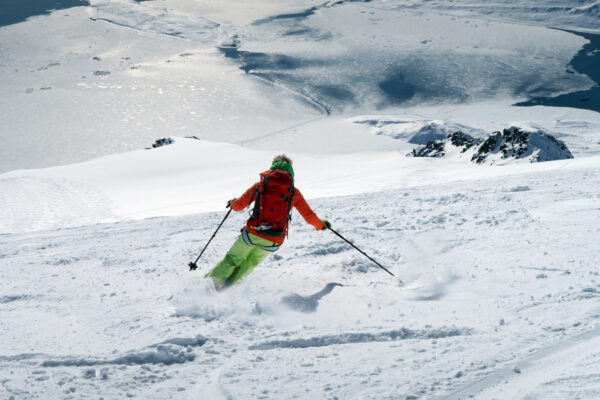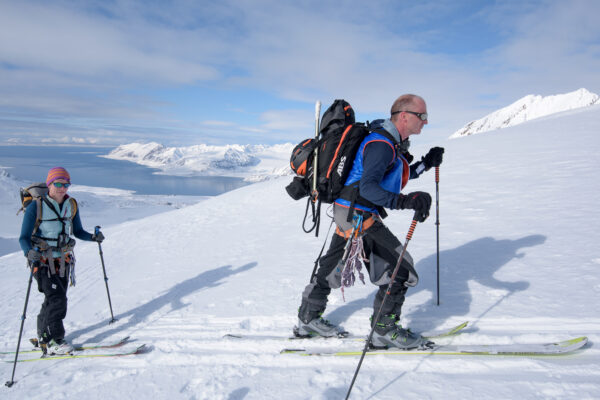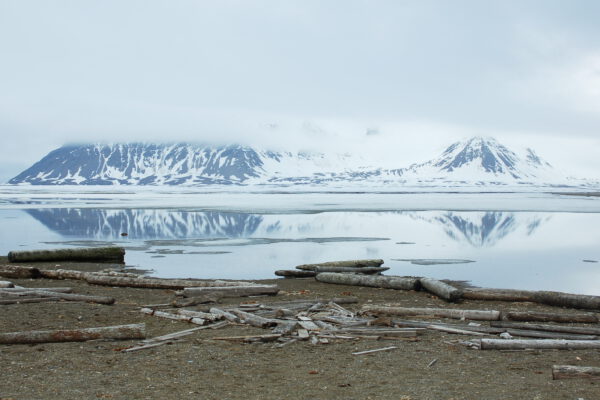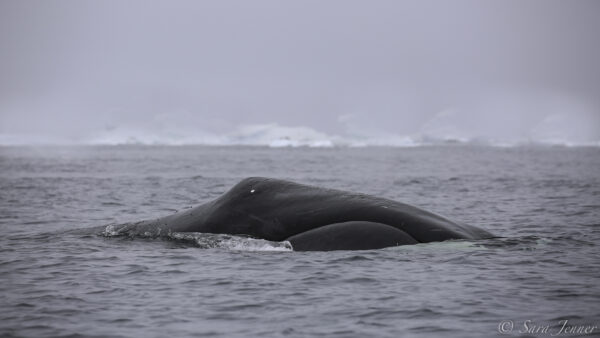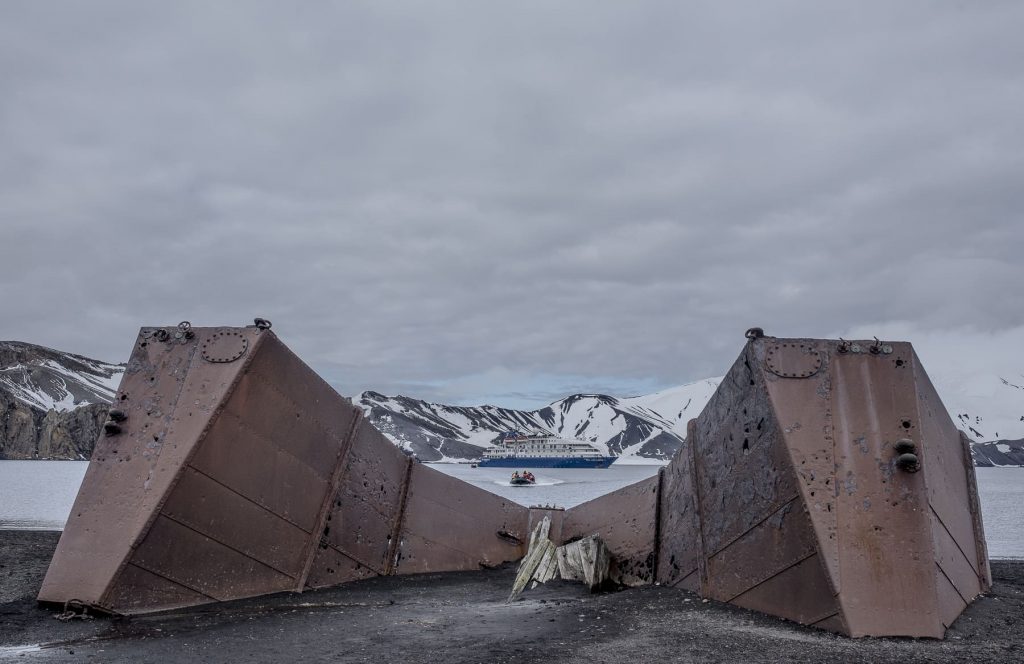The name “Antarctica” comes from the Greek language, and stems from the phrase “opposite of the Arctic.” This definition isn’t very helpful until you find out what “Arctic” means, which equates to “of the bear.” Thus, “the Antarctic” means “the land opposite of the bear”, which is true! In the Arctic, there are polar bears, while in the Antarctic, there are no polar bears. But that’s not why the term came about.
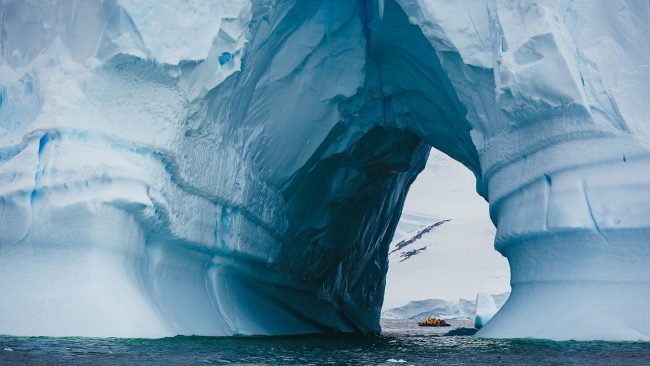
In the northern part of the sky, there is the constellation Ursa Minor, the Little Bear. This constellation contains the Polar Star and marks the North Pole. Antarctica then names the place opposite of the Little Bear, the South Pole. The “Ant” part is the same root as “Anti-,” so you can remember it as being the anti-arctic if that helps.
History of Antarctica’s Name
Temperatures in Antarctica are known as some of the coldest in the world, with the famous Antarctica weather, adding constant bitter and icy winds. On average, temperatures in Antarctica can reach around -60°C, while temperatures in the Artic average about -40°C.
Before the continent of Antarctica took its name, there were some places with the same name far south, such as the French colony of France, Antarctique, in the 16th century. Only in the 1890s did the Scottish cartographer, John Bartholomew, name the frozen continent officially. Though, it had been discovered decades earlier.
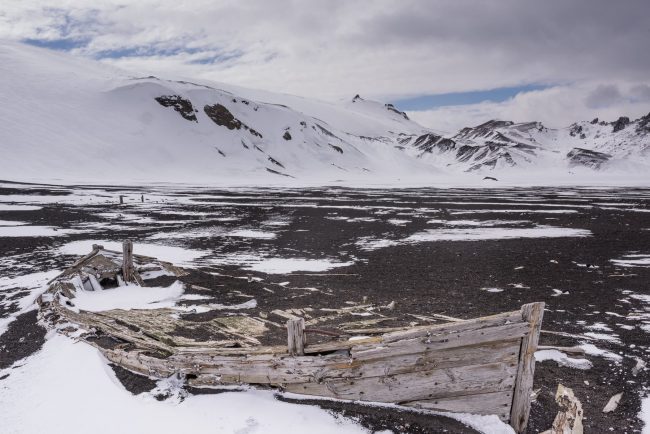
In fact, people thought there must be an equivalent area to the Arctic on the South Pole as early as the 2nd century AD. They theorized it was a vast continent, called Terra Australis, which they proved to be true after sailing the Cape of Good Hope and Cape Horn by the 16th century. They deduced that it was indeed a continent as it was surrounded completely by the sea, and not connected to any other land. Some people even believed it may be populated.
You may be wondering if now, all this time later, are there people living on Antarctica? There is a small Antarctica population, mainly researchers, but nothing close to cities or towns.
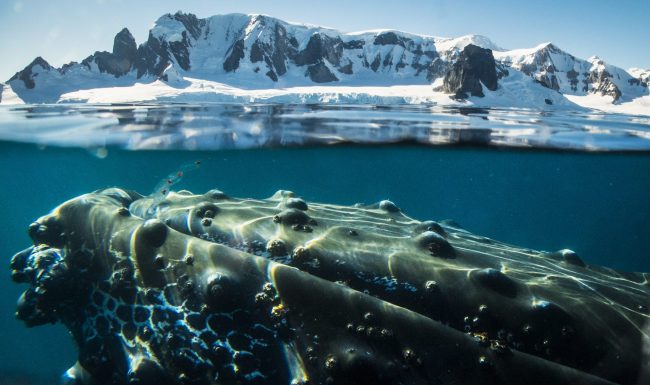
Antarctica vs. The Antarctic
The Antarctic refers to the larger polar region surrounding the South Pole. This includes not only Antarctica, but also a series of island territories on the Antarctic Plate. The area roughly encompasses the 60th Parallel South and covers approximately 20 percent of the Southern Hemisphere.
Antarctica is the continent that takes up most of the Antarctic region and is the 5th largest continent by land mass in the world. 98% of its surface is covered with an ice sheet with an average thickness of 1.2 miles (1.9 km). This is surrounded by the Antarctic Convergence, where the north-flowing Antarctic waters encounter the warmer waters of the Atlantic and Pacific oceans above. Seven nations have staked claims to different parts of the continent, including Argentina, Australia, Chile, France, New Zealand, Norway, and the United Kingdom.
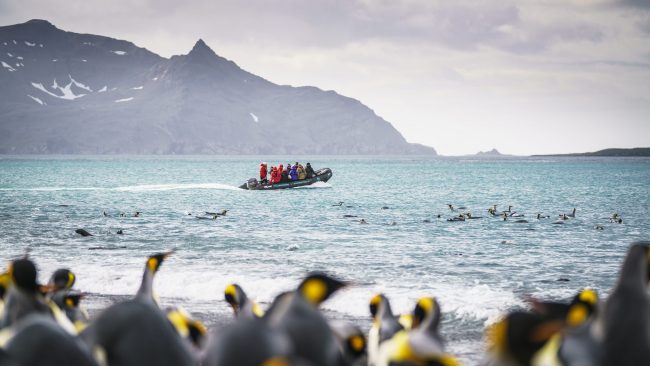
The other difference in the use of the two terms is that ‘Antarctic’ can be used as an adjective, for example, an Antarctic rock, or some Antarctic ice. The term “Antarctica,” on the other hand, can only refer to the proper name of the icy continent surrounding the South Pole.

